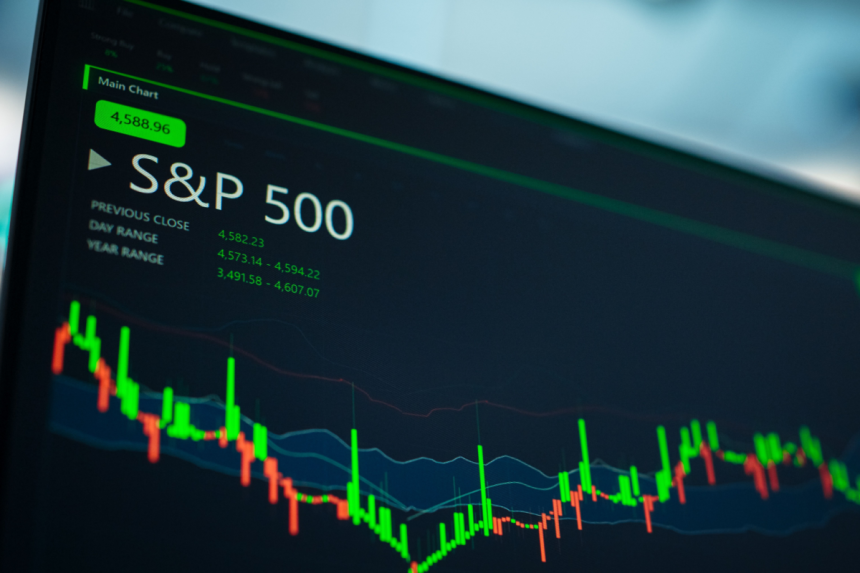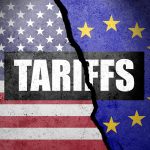Markets Edge Higher Despite Political Uncertainty
The S&P 500 held relatively unchanged on Thursday after briefly hitting another intraday record, as investors balanced optimism from corporate earnings with renewed concerns over the U.S. government shutdown now in its second day. The index added 0.1%, while the Dow Jones Industrial Average gained 114 points, or 0.3%. The Nasdaq Composite advanced 0.4%, supported by fresh gains in Nvidia, which also reached a new all-time high.
The rally extended Wednesday’s momentum, when all three indexes closed at record highs, with the S&P 500 finishing above the 6,700 mark for the first time. Investors remain heavily concentrated in large-cap technology stocks driving the AI boom, a trend that has shielded broader markets from sharp declines despite political turbulence.
Economic Risks Emerge
Treasury Secretary Scott Bessent cautioned Thursday that gross domestic product could “see a hit” from the funding lapse, warning that the longer the shutdown drags on, the more significant its economic impact could be. His comments tempered investor confidence and highlighted the potential costs of prolonged political gridlock.
Analysts noted that while markets have historically weathered government shutdowns with minimal long-term damage, today’s backdrop is more complex. Elevated equity valuations, inflation pressures, and heavy dependence on AI-led growth raise the stakes. Investors are also contending with uncertainty around interest rates, with the Federal Reserve expected to announce another rate cut later this month amid signs of slowing job growth.
Political Standoff Intensifies
The shutdown began after Democrats and Republicans failed to strike a deal to fund the government past Tuesday’s deadline. Democrats remain committed to tying any short-term funding bill to an extension of health care tax credits, while President Donald Trump has framed the shutdown as an “unprecedented opportunity” to permanently cut federal agencies.
Brian Mulberry, senior client portfolio manager at Zacks Investment Management, described the impasse as “both sides preferring to talk at each other through microphones rather than negotiate a real budget.” He added that markets might view successful agency cuts as a long-term positive, though the short-term disruption could rattle confidence.
Key Questions Ahead
The critical issue for investors is how long the stalemate will last. The Senate is out of session until Friday due to Yom Kippur observances, meaning no progress is expected before then. Betting markets are pricing in the likelihood that the shutdown could extend nearly two weeks, raising the risk of broader fallout.
An economic data blackout is another challenge. The September nonfarm payrolls report will not be released Friday, and weekly jobless claims were also delayed. Without those indicators, the Federal Reserve will have less visibility into the labor market as it prepares for its late October meeting, increasing the level of uncertainty in policy decisions and markets alike.






